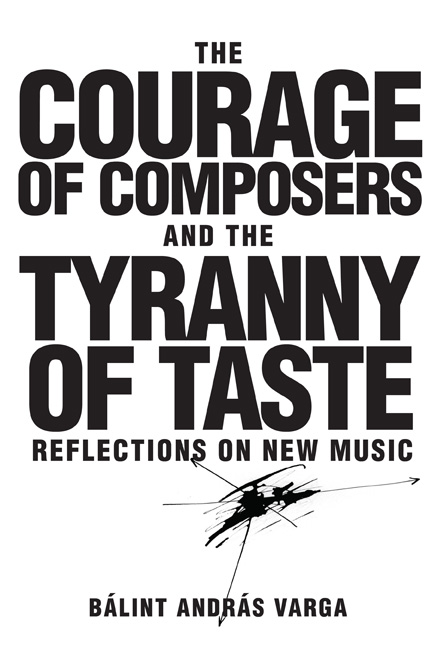3 - Vykintas Baltakas (b. 1972)
Published online by Cambridge University Press: 22 May 2021
Summary
Baltakas and I are both emigrants. We come from former socialist countries; until 1990 Lithuania was actually part of the Soviet Union.
I visited Vilnius as the representative of a Hungarian music publisher in the 1980s, to attend a festival of contemporary Lithuanian music. The few days I spent in the city, my encounters with composers and the leaders of their union, and the atmosphere of the concerts, have leftlasting impressions.
Of course, it was all familiar: Hungary and Lithuania are both small countries and their musical life was defined by the same ideology. Figuratively speaking, the dominating color was red. During the course of those few days, I sensed a certain tension in the air, especially around the figure of the Lithuanian composer Osvaldas Balakauskas (b. 1937), whose music struck me as authentic and original, free of any ideology. From that point of view, it was unique among all the compositions programmed at the festival. I had the impression, instinctively rather than based on any tangible evidence, that he was rather isolated, actually ostracized by his colleagues. Impelled by a sense of solidarity, I demonstratively showed my sympathy and we became friends. We stayed in touch for several years afterward, and I succeeded in having one of his compositions published by Editio Musica Budapest.
Vykintas Baltakas experienced the final years of Soviet Lithuania as a young man. He was mature enough to realize that he would need to leave if he was to develop as an artist and was young enough to carry this out while still in his formative years: he studied composition with Wolfgang Rihm and conducting with Péter Eötvös in Karlsruhe.
He joined the stable of Universal Edition's composers around 2000 and it was my responsibility to promote his music until my retirement at the end of 2007. Promotion presupposes close personal contact. Beyond the compositions, one also has to fathom the composer. Baltakas was a young man marked by intensity, pride coupled with vulnerability, quite obviously free of any doubt regarding his calling and whatever he happened to be working on, and yet yearning for recognition and positive feedback.
- Type
- Chapter
- Information
- The Courage of Composers and the Tyranny of TasteReflections on New Music, pp. 36 - 42Publisher: Boydell & BrewerPrint publication year: 2017



